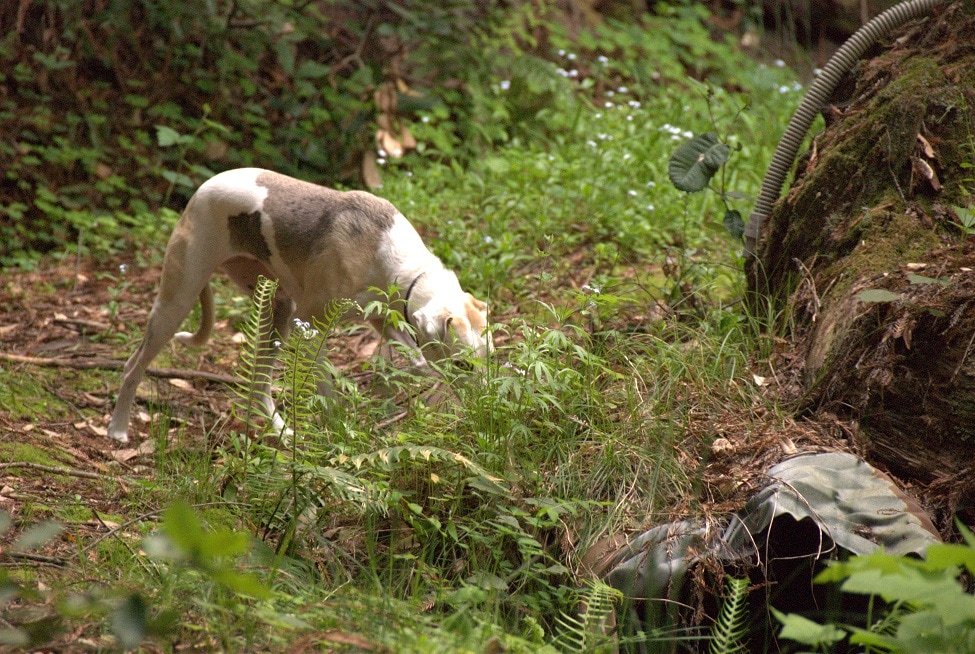 Brenda Mills, DVM Leptospirosis Leptospirosis is a bacterial disease that usually causes kidney failure but may also cause meningitis or liver failure. Symptoms may include fever, weakness, pain, inappetence, vomiting, and diarrhea. The organisms are shed in the urine of affected animals, including wildlife, and may survive for weeks or even months in water or moist soil. Leptospirosis is commonly considered to be a “wet weather” disease, and direct exposure to carrier animals is not required for infection due to the possibility of the organism being carried in runoff. Vaccines To acquire immunity, the immune system must be exposed to characteristic structures, usually proteins, that serve as a fingerprint for a bacterial or viral organism. These structures are found on the outside of the organism. There are three ways for an immune system to see these structures: Through natural exposure to the organism (infection) Through intentional exposure to key parts of the dead organism (killed vaccine) Through intentional exposure to the living organism after the organism has been rendered harmless (modified live vaccine) While infection typically results in the longest-term immunity to an organism, the disease caused by infection is what we are trying to avoid by inducing immunity. Killed vaccines are much safer than natural infection, however, since the organism is dead and not reproducing in the animal or doing anything else to excite the immune system, an adjuvant (irritant) is required to provoke the immune response. While the organism portion of the vaccine will be removed in the course of developing immunity, the adjuvant usually remains behind and may act to chronically provoke the immune system. Modified live vaccines introduce actual organisms which are unable to cause disease but otherwise behave exactly like an infection, provoking the immune system without the need for adjuvants. These vaccines are completely cleared from the body when their job is done. Leptospirosis vaccines Most of our vaccines are against viruses, which are much smaller and have less complex fingerprints than bacteria. Vaccines against bacterial diseases are difficult to develop, very complex, and result in short-term immunity. The original Leptospirosis vaccines were made by essentially running the actual organism through a blender to rupture and kill it. This produced a vaccine that was safe from the perspective of not being able to cause disease, but which had a tremendous capacity to over-excite the immune system because the vaccine not only exposed the individual to the important structures on the outside of the bacteria, but also to all of the stuff on the inside. This gave Leptospirosis vaccines their reputation for causing “bad reactions.” These vaccines typically last approximately 11 months. What we use: A huge improvement in the safety and efficacy of Leptospirosis vaccines came with the advent of genetic engineering, which allowed the production of purified subunit vaccines. Through the magic of gene splicing, E. coli was used to produce specific proteins which occur on the outside of the bacteria, reducing the number of molecules in the vaccine, making it safer and more effective. This vaccine still requires the use of an adjuvant and provides approximately 11 months of protection. A newer vaccine, which now provides immunity against the four major species of Leptospirosis, is a non-adjuvanted modified live vaccine. A virus has been engineered to infect the patient’s cells with harmless components which make the cells pump out proteins and train the immune system to recognize the fingerprint of Leptospirosis. This vaccine mimics natural infection without causing disease, provoking immunity which has been shown to last at least 15 months without the use of an adjuvant and this is the vaccine we are currently using – Recombitek by Merial.
0 Comments
|
AuthorsDr. Brenda Mills and staff members Archives
January 2021
Categories |
 RSS Feed
RSS Feed